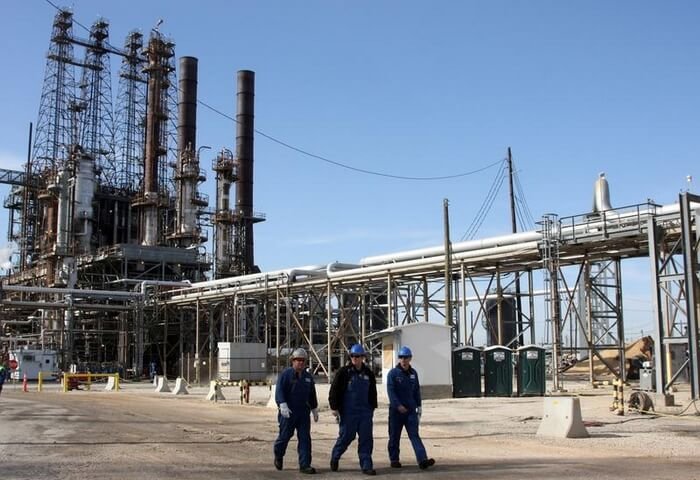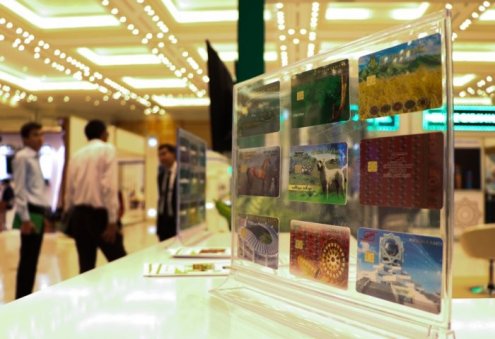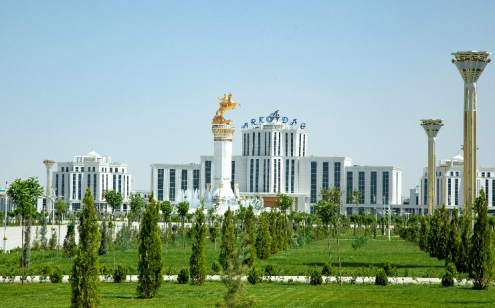The February freeze that triggered mass blackouts in Texas state of the U.S. led to chemical plant shutdowns that are disrupting global supply chains, causing a global plastics shortage needed for everything from bottles to smartphones, The Wall Street Journal reported last week.
A month after the freezing temperatures hit Texas, many plants reportedly remain offline and it may be many more months before they are fully operational. Global prices for chemical compounds including polyethylene (PE), polypropylene (PP) and polyvinyl chloride (PVC), are rising sharply as supplies tighten, according to the WSJ article. For consumers of everything from cars to home insulation, the aftermath of the frigid cold temperature likely means product shortages, delays and increased costs.
More than 60% of PVC production capacity in the United States is still out of operation a month after the Texas Freeze, Bloomberg news agency said in its report earlier this month. This has caused the price of one of the mostly used products of petrochemical plants to skyrocket to a record high of $1,625 per ton for U.S. exports, according to data from ICIS. PVC is used for piping, flooring, cable insulation, siding, car windshields, and car interiors.
The cost of high density polyethylene (HDPE), used for shampoo bottles and grocery bags, is also at the highest level since 2008, according to the Bloomberg report.
“Today we don’t have enough volume to even meet the needs of the domestic customers” never mind exports, said Bob Patel, chief executive officer of chemicals giant LyondellBasell Industries NV, referring to polyethylene. “I think we’ll be well into the fourth quarter before we see conditions back to normal.”
Big Oil has seen its future in petrochemicals for a while now after it became clear this time that the energy transition will not be just talk and no action. There have been doubts that this is the safest bet for an industry that currently derives most of its revenues from fuels, OilPrice.com writer Irina Slav said in an article published last week.
“Yet, the current shortage seems to prove the bet on petrochemicals is safe,” Irina Slav noted, adding that “while there are alternatives to gasoline and diesel-powered cars, an economically viable alternative to plastic cable insulation—or a car interior, or a smartphone casing, or a laptop, or a thousand other things from everyday life—has yet to make an appearance.”
The current plastics shortage is proving that recycling is all well and good when it comes to plastics, Slav continued, but a shift entirely away from them is quite unlikely in the observable future.


















